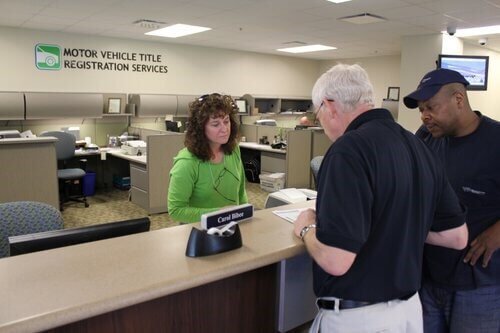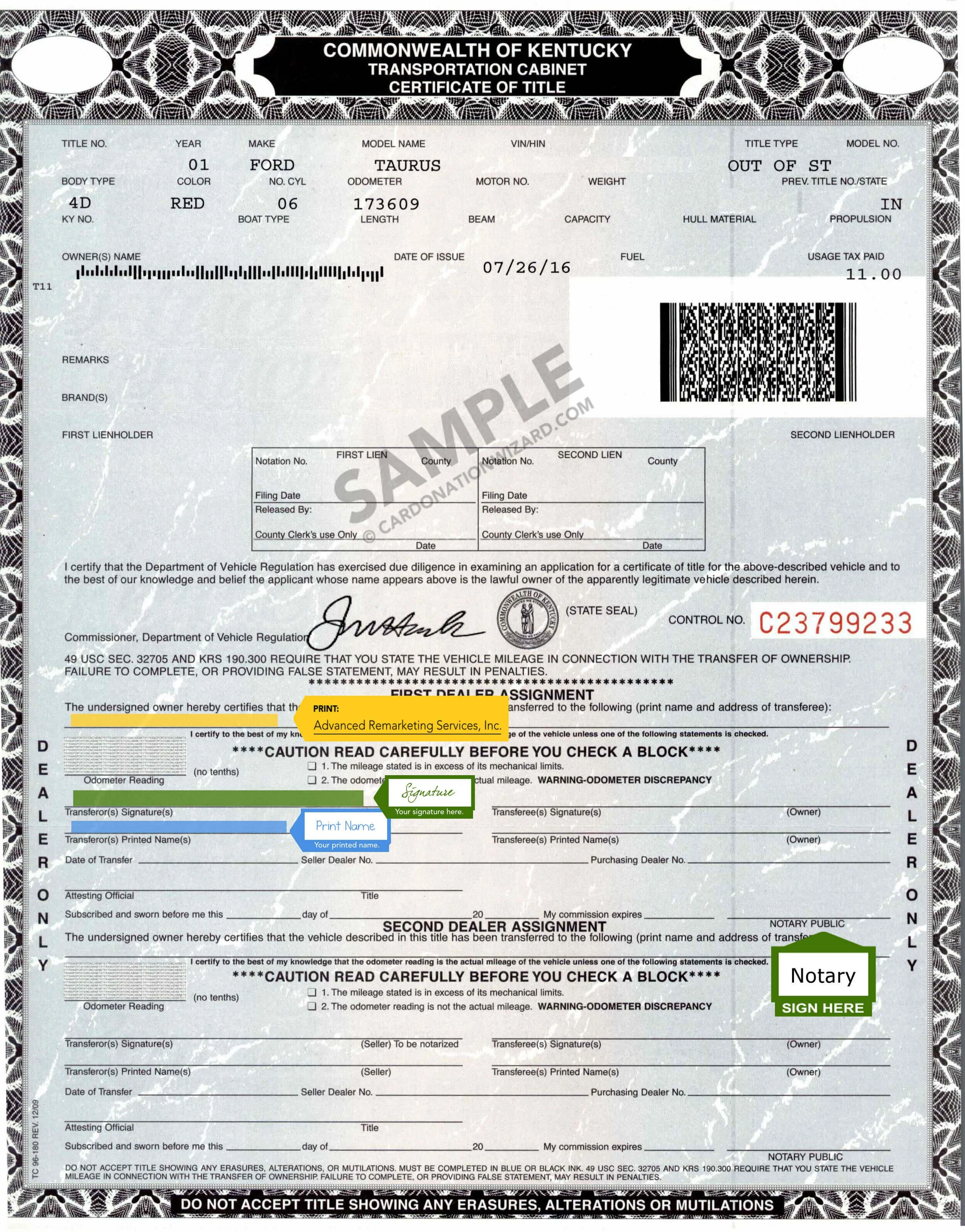Today’s a good day. You found a buyer for your car and are feeling pretty proud of yourself. You can finally breathe a sigh of relief since the car-selling adventure is coming to an end. Unfortunately, there’s still one more thing to consider before walking away from the deal. Should you remove your license plates when selling a car or leave them on?
Let’s take a closer look at what a license plate does, when you should remove it, and the reasons you need to protect yourself, starting from the very top.
There’s so much happening during the sale that it can be difficult to know what to do next. You have the title, bill of sale, registration and more to consider. Now you have to add the license plate into the mix. Should it be removed when the car is bought?
If you need to take them off, what would you do with them next? Do you have to turn them in? These are all valid questions that you should consider before you sell your car.
What is the Purpose of License Plates?
Upon registration of your vehicle, you usually receive a license plate. Its number corresponds to your registration number as a means of identification. In some states, you receive two license plates. One of them goes on the front of the car while the other gets mounted on the back. They are used to identify the car’s legal owner, something that’s helpful for situations like accidents and thefts.
Do You Have to Remove License Plates When Selling a Car?
The trouble with leaving your license plates on a car you’ve sold is that the car still looks like it belongs to you. This makes you legally liable for anything that happens while your plates are on the car.
While every state has differing procedures and thoughts about the license plates, we can speak generally. Liability lies with the registration. That’s how responsibility is determined. If the vehicle is registered to you and it’s involved in a crime, accident or something else, guess who gets the blame? That’s right – you.
Title and Registration: What’s the Difference?
By now you are probably wondering what the difference is between the registration and title. The certificate of title gets signed over to the new owner at the time of sale. Then, they will take this to the DMV and register the vehicle in their name. At that time, the title is issued in their name.
Registration occurs as part of this process as well. If the buyer of your car doesn’t go to the DMV to transfer the title and get a new registration, you are still considered the legal and liable owner in many states.
What Should You Do With the Old Plates?
If you’re selling your car to a dealership, the dealer will take care of the license plates for you.
When selling to a private party, the best way to protect yourself is to meet the buyer at the DMV office. Then, you can sign the title over to them and watch them register it. While you are there, you can return the license plates to the DMV if your state requires this. That, or meet them at the police station.
Some buyers will ask that you make it easier on them by leaving your license plates on the car. Doing this opens you up to liability if the buyer commits a crime, gets in an accident, or incurs a ticket or citation with your license plates still active. In fact, many states demand the plates back to prove you aren’t using the car anymore.
Return the license plates along with a completed Release of Liability form to absolve yourself from all liability for the new owner’s actions.
The exception to the rule
There’s almost always an exception. Before you take your license plate to the DMV, make sure you check your state’s requirements. Returning license plates to the DMV isn’t the procedure for every state. In fact, some states require that the license plate remains with the car. Call your local DMV to confirm.
What about selling out of state?
That probably brings you to the next question – what do you do with the plates if the car is going out of state? In these cases, your local law still applies. If you are required to turn them in, then that’s what you must do. The buyer then has to figure out how to get new tags and transfer the car out of state.
Should You Remove the Plates When You Junk a Car?
If you are having a tow truck take your car to its final resting place at the junkyard, you might not think about taking the plates off. Remember how we talked about that plate being the way of determining the owner? That still applies, even if the car is getting junked.
You don’t want someone to get their hands on your license plate and then use it for something illegal. Sure, you might be able to prove that it wasn’t you that did the crime, but do you really want to invest your time in that? It’s far easier to remove the license plate and turn it in or dispose of it as per your state regulations.
As you are gathering everything together for the junkyard, just take the plate off. It only takes a moment and that’s why it should be part of your usual car clean-out. Most reputable junk yards will remind you when you sign the paperwork, but you still want to be responsible and ensure it happens.
It’s in your best interest!
We can’t stress enough how many things could go wrong if you don’t remove your plates at the time of sale unless you have a legal reason not to. Between getting scammed by the buyer and worrying about your safety, you have a lot of things to consider when you want to get some money for your vehicle.
Follow the procedure to remove the license plates when selling a car, especially if your state requires it. If you don’t, it could come back to bite you later on.
Dirt Legal offers VIN Checks and title replacement for cars, motorcycles, and almost anything with wheels. Click the links to learn more about our services.
Learn more about our title and registration services
We are not attorneys. This article is not legal advice. Cover image source
















Just like canceling your car insurance, submitting a Release of Liability to the state should be a natural step every time you sell a car. Without it, you could be on the hook for the new owner’s parking tickets, citations, and even crimes.